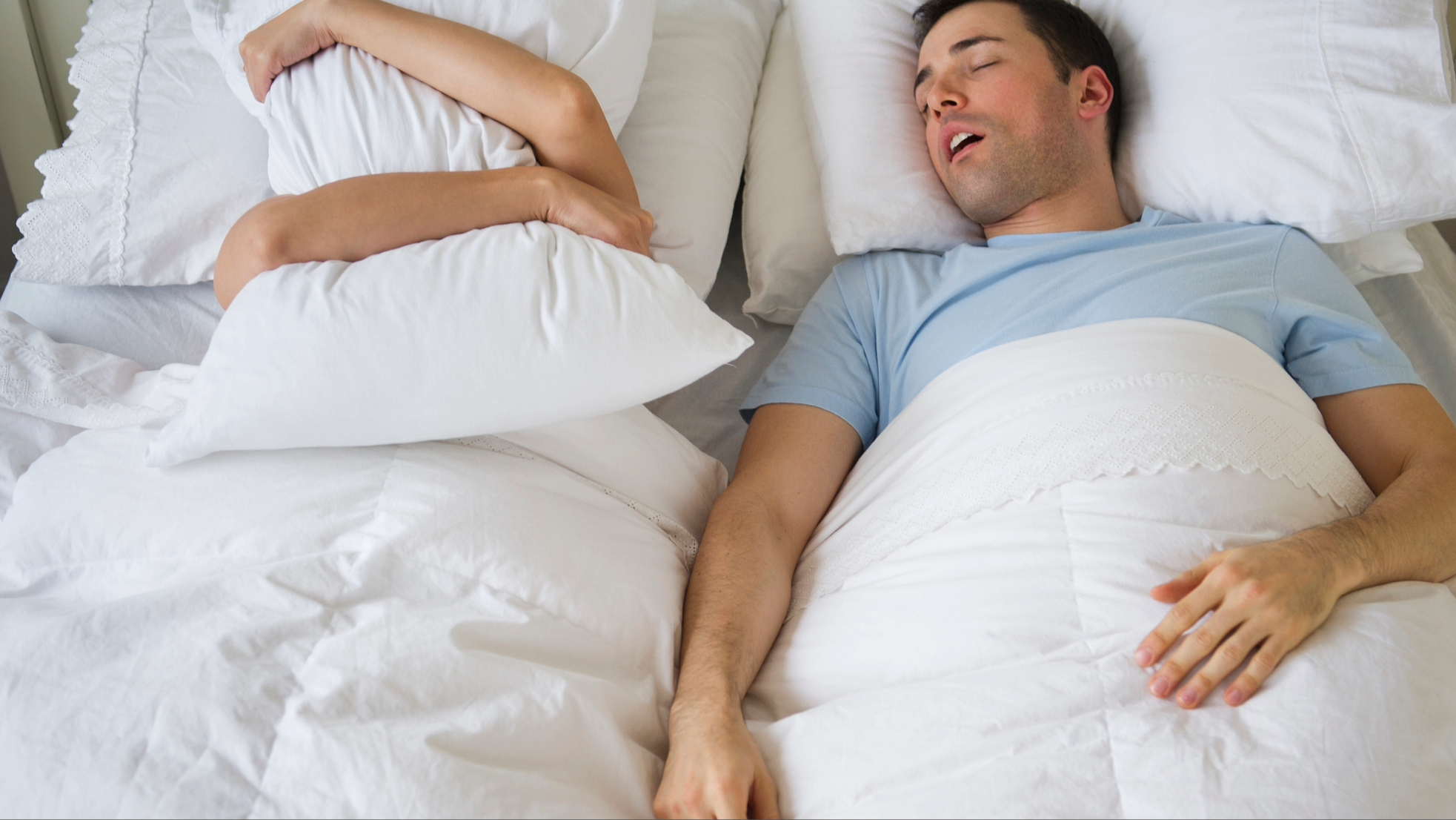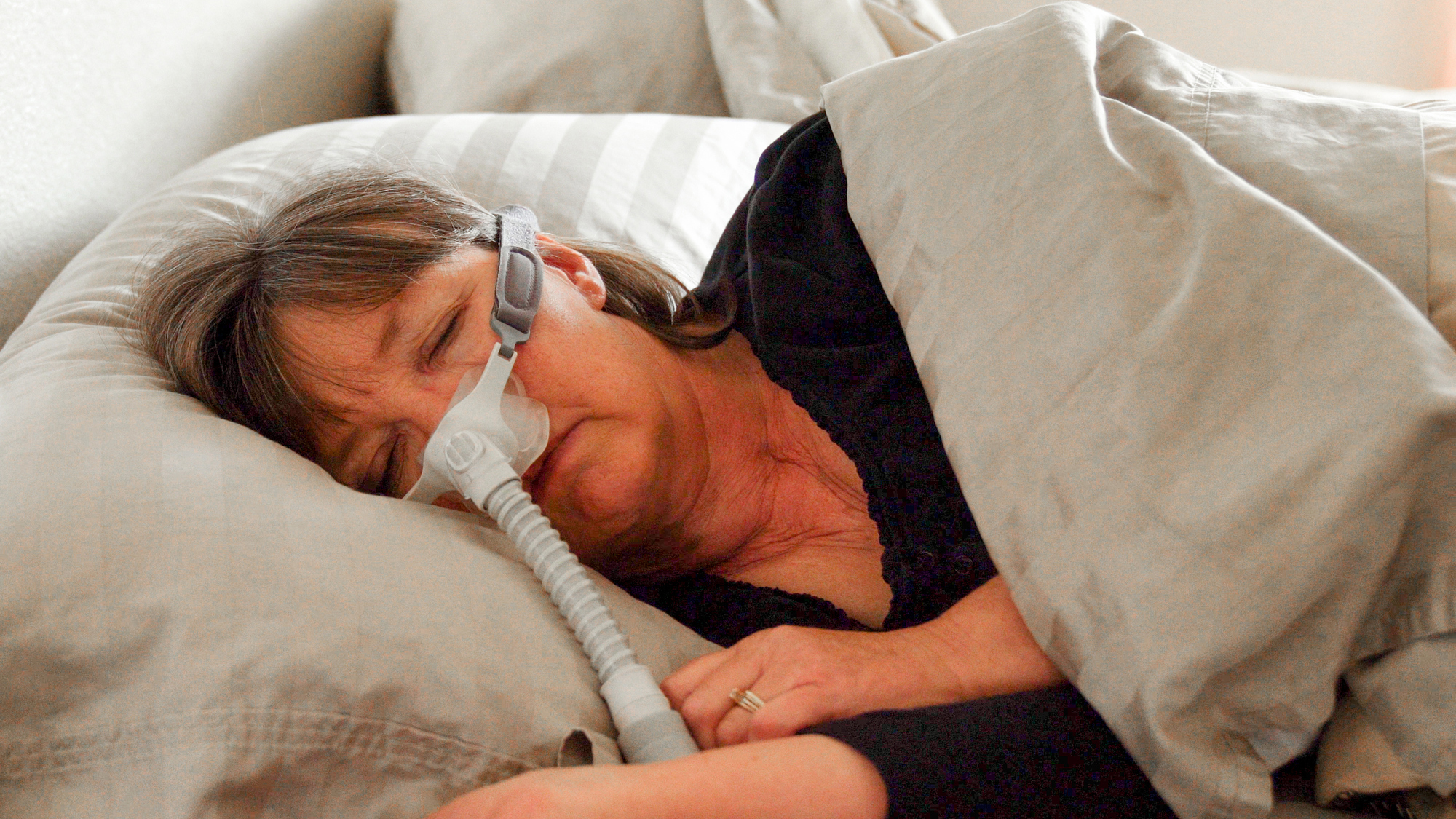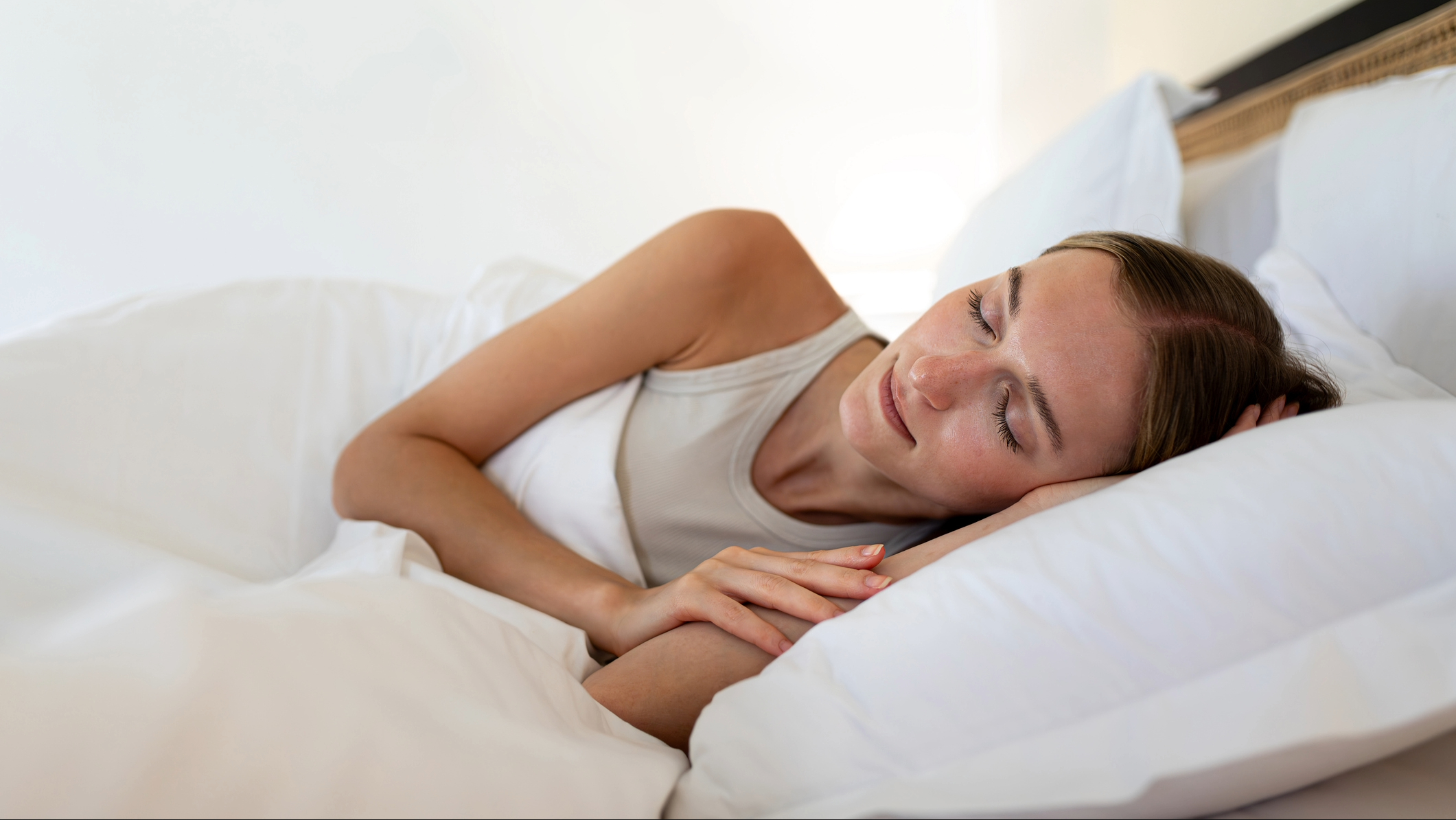
A new study presented at the European Respiratory Society Conference in Vienna suggests that popular epilepsy drug Sulthiame may reduce major Obstructive Sleep Apnea (OSA) symptoms. According to researchers behind the new study, patients taking Sulthiame experienced a reduction in the number of times their breathing stopped during sleep. Patients also saw an increase in blood oxygen levels.
Researchers behind the trial argue that Sulthiame could be a game-changer for people with Obstructive Sleep Apnea who can't tolerate the use of Continuous Positive Airway Pressure (CPAP) machines.
Sleep apnea is one of the most common sleep disorders in the world, with around 39 millions Americans already diagnosed according to statistics published by the National Council of Ageing.
People with OSA snore loudly, their breathing stops temporarily during sleep, and they may wake up several times during the night, leading to extreme daytime fatigue. Sleep apnea can also increase the risk of high blood pressure, stroke, heart disease and Type 2 diabetes.
A promising alternative to CPAP machines
The clinical trial was a double-blind, randomized and placebo-controlled trial involving 298 people diagnosed with Obstructive Sleep Apnea. All patients were being treated at 28 different medical centres in Spain, Frances, Germany, Belgium and the Czech Republic. None could tolerate the use of CPAP machines, a common treatment for Obstructive Sleep Apnea.

Patients were assessed with polysomnography (a test used to diagnose sleep disorders) at the start of the study and then at intervals of four weeks and 12 weeks. Participants were divided into four groups where:
- 74 patients took 100mg of Sulthiame daily
- 74 patients took 200mg of Sulthiame daily
- 75 patients took 300mg of Sulthiame daily
- 75 participants took a placebo pill
Sulthiame targets the respiratory system by firstly inhibiting an enzyme called carbonic anhydrase, then by stimulating the upper airway muscles. Stimulating upper airway muscles during sleep is a key feature of other emerging OSA treatments including hypoglossal nerve stimulators implants. These devices detect each breath and send an electrical impulse to stimulate the nerves that move the tongue and open the airway while the patient sleeps.
Trial participants taking Sulthiame saw a reduction in pauses of breath during sleep, plus higher blood oxygen levels.
The frequency of respiratory pauses was 17.8% lower for patients on the lowest dose of Sulthiame, 34.8% lower for those on the medium dose, and 39.9% lower for patients on the highest dose of Sulthiame. OSA patients who usually felt sleepy during the day reported feeling less fatigued after taking the drug.
Is Sulthiame a cure for sleep apnea?
Following daily doses of Sulthiame, patients with Obstructive Sleep Apnea showed a visible improvement in two major symptoms: instances of stopping breathing during the night, and feeling sleepy during the day.
According to led researcher Professor Jan Hedner of Sahlgrenska University Hospital and the University of Gothenburg in Sweden: “[Patients'] average levels of oxygen in the blood were also improved with the treatment. This suggests that Sulthiame could be an effective treatment for OSA, especially for those who find they cannot use the existing mechanical treatments.”

Side effects of the drug, including headaches, fatigue and nausea, were reported as mild or moderate. “Although Sulthiame is already available as a treatment for childhood epilepsy, we still need to carry out a phase III study to confirm the beneficial respiratory effects of this drug in a larger group of patients with OSA,” added Professor Hedner.
Bespoke treatments for sleep apnea
“The standard treatment for Obstructive Sleep Apnea is sleeping with a Continuous Positive Airway Pressure (CPAP) machine that blows air through a face mask to keep the airways open," explained Professor Hedner upon publication of the clinical trial results. "Unfortunately, many people find these machines hard to use over the long term, so there is a need to find alternative treatments.”
Professor Professor Sophia Schiza, Head of the ERS Assembly on Sleep Disordered Breathing, said that while different treatments are available, a bespoke appriach is needed. “Because obstructive sleep apnea increases the risk of serious health problems such as high blood pressure, heart and metabolic disease, it’s vital that we diagnose and treat the condition.
"Treatments are available, but because they don’t work for everyone we need more ways to treat the disease, based on individualised diagnostic and treatment approaches.”
- Read more: How do I know if I have sleep apnea? An expert responds







